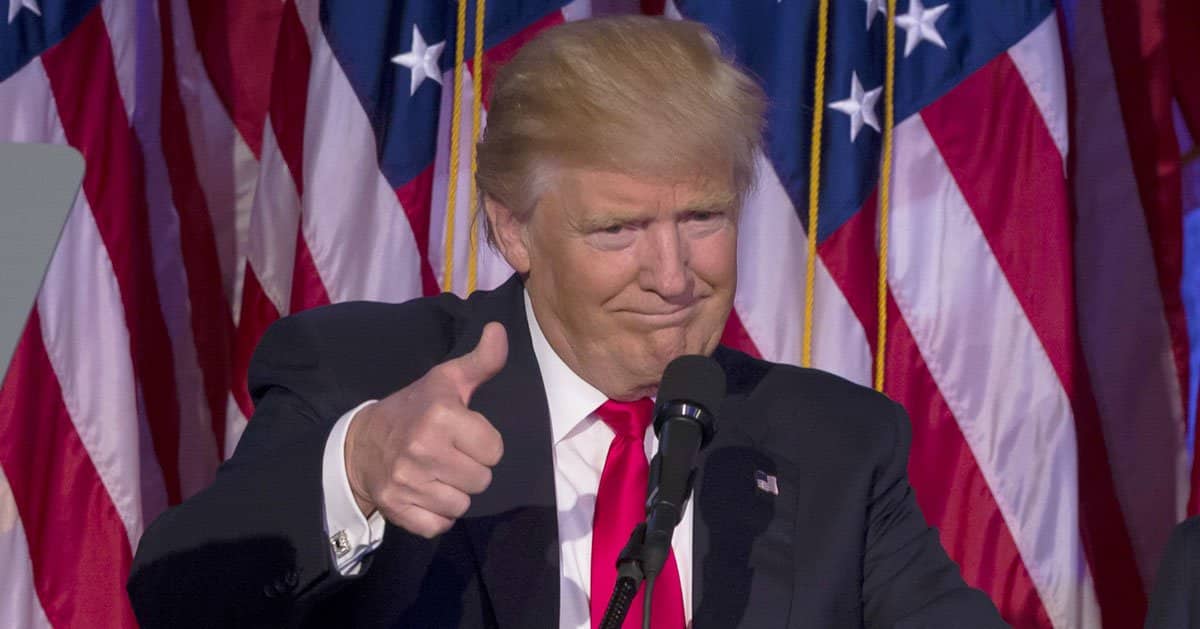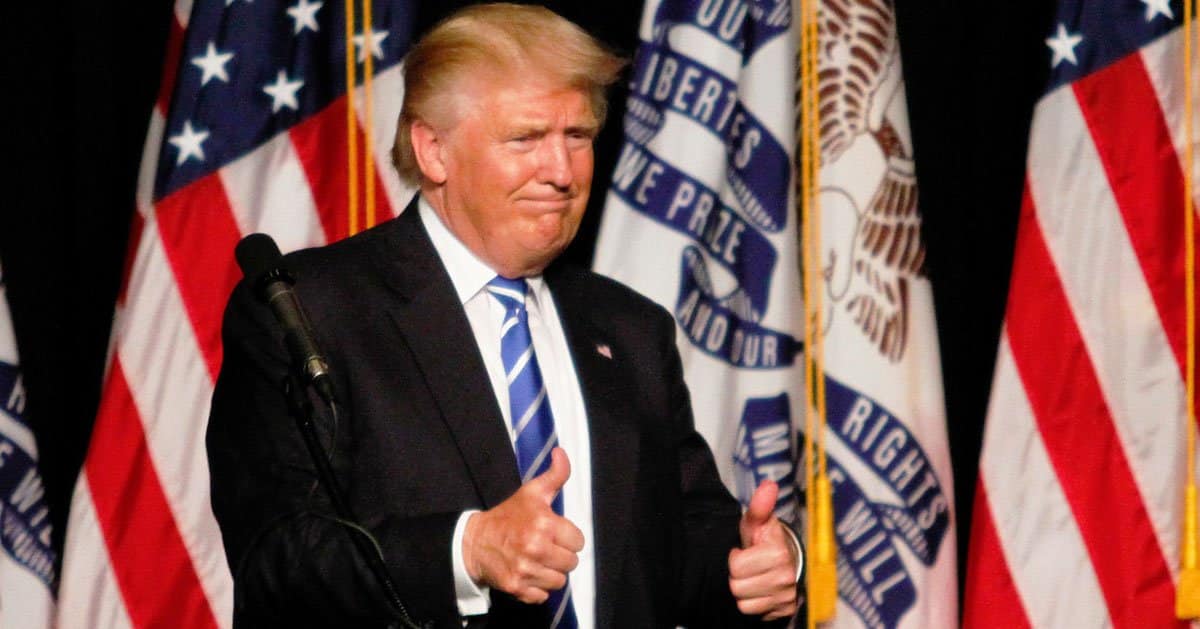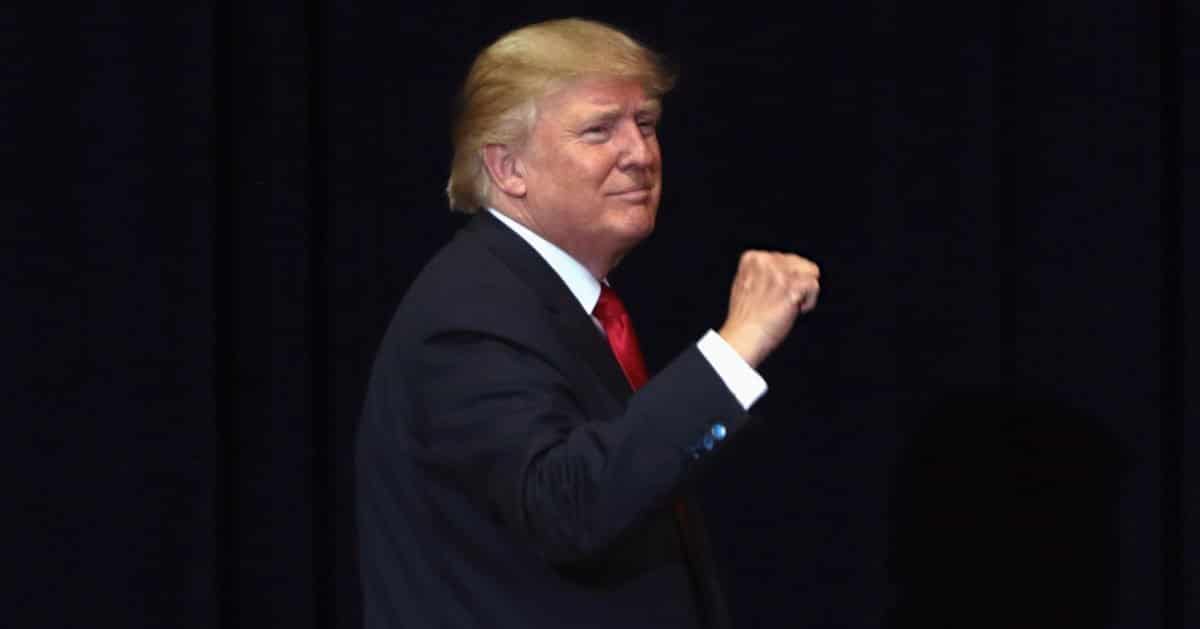








In a significant escalation of a federal investigation, the House Education and Workforce Committee has issued a subpoena to Minnesota Governor Tim Walz concerning a massive COVID-19 relief fraud case.
The New York Post reported that the subpoena demands documents related to Governor Walz's administration's oversight of a $250 million scam involving federal child nutrition funds.
Last Wednesday, the spotlight turned on Minnesota as the House Education and Workforce Committee subpoenaed Governor Tim Walz.
This move aims to uncover the extent of the administration's role in the severe mismanagement of COVID-19 pandemic relief funds earmarked for child nutrition programs.
The funds, which were handled by the Minnesota Department of Education, allegedly financed extravagant lifestyles, including purchases of luxury cars and properties in Turkey and Kenya. The central figure in this scheme was the nonprofit Feeding Our Future, which was responsible for these misappropriations.
State agencies had the duty of administering these funds and were tasked with submitting reimbursement claims to the U.S. Department of Agriculture (USDA).
However, an audit released in June this year highlighted critical shortcomings in the Minnesota Department of Education’s supervision of the funds, which led to rampant fraud from April 2020 to January 2022.
Despite Governor Walz acknowledging suspicions about the nonprofit's activities as early as November 2020, his administration continued to authorize fund disbursements. This decision followed a lawsuit by Feeding Our Future citing racial discrimination, which complicated efforts to halt the fraudulent activities.
In response to the allegations, Governor Walz attempted to cease the payments in April 2021, but a court ruling complicated these efforts.
Payments were still being made even after federal indictments were announced in September 2022. This was despite the Department of Education stating in court that the nonprofit had resolved the "serious deficiencies" that initially triggered payment suspensions.
Judge John Guthmann clarified that the resumption of payments by the Department of Education was voluntary and not enforced by court orders. This contradicts some claims made by Governor Walz about the continuation being court-mandated.
The subpoena, which was first reported by NBC News, also targets the Minnesota Department of Education and the USDA. It requires them to submit relevant documents by September 18. The aim is to gather sufficient evidence to determine the full scope of the oversight failures and the administrative steps taken to address them.
Chairwoman Virginia Foxx (R-NC) expressed frustration over the difficulties the committee faced in obtaining necessary documents from previous voluntary requests, which has now led to this formal demand for cooperation.
"The Committee must now compel the production of responsive documents that will show the extent of the actions taken by you and your administration relating to MDE’s administration of the FCNP and the extent of your responsibilities and actions addressing the massive fraud that resulted in the abuse of taxpayer dollars intended for hungry children," Chairwoman Virginia Foxx stated.
Prosecutors have described the fraud as "depraved and brazen," highlighting the severity of the misuse of public funds. Furthermore, Foxx's letter to Governor Walz stressed that both he and his executive officers were likely involved or had knowledge of the mishandling of the funds, adding an additional layer of accountability to the ongoing investigation.
This subpoena not only seeks to uncover the depth of fraud but also aims to expose the internal processes within the Governor's administration that failed to prevent the financial abuses. With at least 70 people initially charged in the case and only five convictions so far, the unfolding events could have significant political and legal implications for all involved.
As the September 18 deadline approaches, both state and federal entities brace for potentially revealing insights into a case that has drawn national attention for its scale and impact on taxpayer funds intended for vulnerable children during the pandemic.



